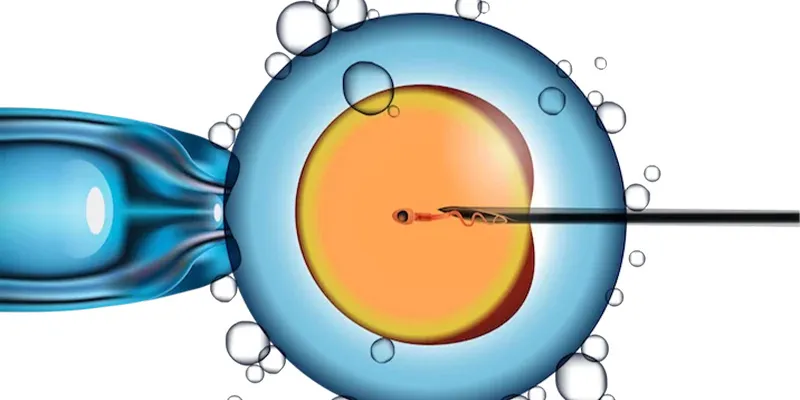Recent Advances in IVF Treatment
October 26, 2023
The possibility of fulfilling your dream of parenthood is just a few steps away with the recent advances in IVF procedures. India is at the forefront of revolutionary medical advancements that have transformed the landscape of reproductive medicine. Let’s explore some of these recent breakthroughs in IVF treatment and how they are empowering couples on their journey of starting a family.
Advancements in IVF Treatment: A Ray of Hope
- Preimplantation Genetic Testing (PGT): PGT is a cutting-edge technique that allows for the screening of embryos before implantation. By analysing the genetic makeup of embryos, doctors can identify those with chromosomal abnormalities or genetic disorders, increasing the chances of a successful pregnancy. PGT helps reduce the risk of miscarriage and improves the overall success rates of IVF procedures.
- Time-Lapse Embryo Monitoring: Traditional IVF procedures involve removing embryos from incubators to assess their development. However, this process can be disruptive and potentially harmful to embryo viability. Time-lapse embryo monitoring uses advanced imaging technology to capture continuous images of developing embryos without disturbing them. This non-invasive approach provides valuable insights into embryo development and helps select the healthiest ones for transfer.
- Vitrification: Cryopreservation techniques have come a long way in recent years, particularly with the advent of vitrification. This rapid-freezing method preserves eggs, sperm or embryos by transforming them into glass-like structures. Vitrification offers improved survival rates and better outcomes compared to slow-freezing methods, ensuring the future viability of frozen embryos and enabling patients to pursue fertility treatment at their convenience.
- Blastocyst Transfer: In the past, embryos were typically transferred into the uterus on day two or three after fertilisation. However, research has shown that allowing embryos to develop into blastocysts (around day five or six) before transfer can significantly enhance implantation rates. This approach increases the chances of pregnancy success while minimising the risk of multiple pregnancies.
- Personalised Medicine Approach: Each individual and couple is unique, so it makes sense that their fertility treatment should be tailored accordingly. With advancements in personalised medicine, doctors can now analyse specific genetic factors that may impact fertility and customise treatment plans accordingly. This individualised approach maximises the chances of success for each patient, leading to higher IVF success rates.
At Apollo Fertility, we understand the emotional turmoil that couples experience on their fertility journey. Our team of compassionate fertility specialists is dedicated to providing advanced and personalised care to help you take the next steps toward starting your family.
Like with any medical procedure, IVF carries certain risks and side effects, although they are generally minimal. These may include ovarian hyperstimulation syndrome, multiple pregnancies, ectopic pregnancies and emotional stress. Your fertility specialist will discuss these risks with you and address any concerns.
The IVF procedure typically takes around four to six weeks, depending on individual circumstances. This includes ovarian stimulation, egg retrieval, fertilisation, embryo development and embryo transfer.
While there are no guarantees, certain lifestyle changes can potentially improve IVF success rates. These include maintaining a healthy weight, avoiding smoking and excessive alcohol consumption, managing stress levels and following a fertility diet.